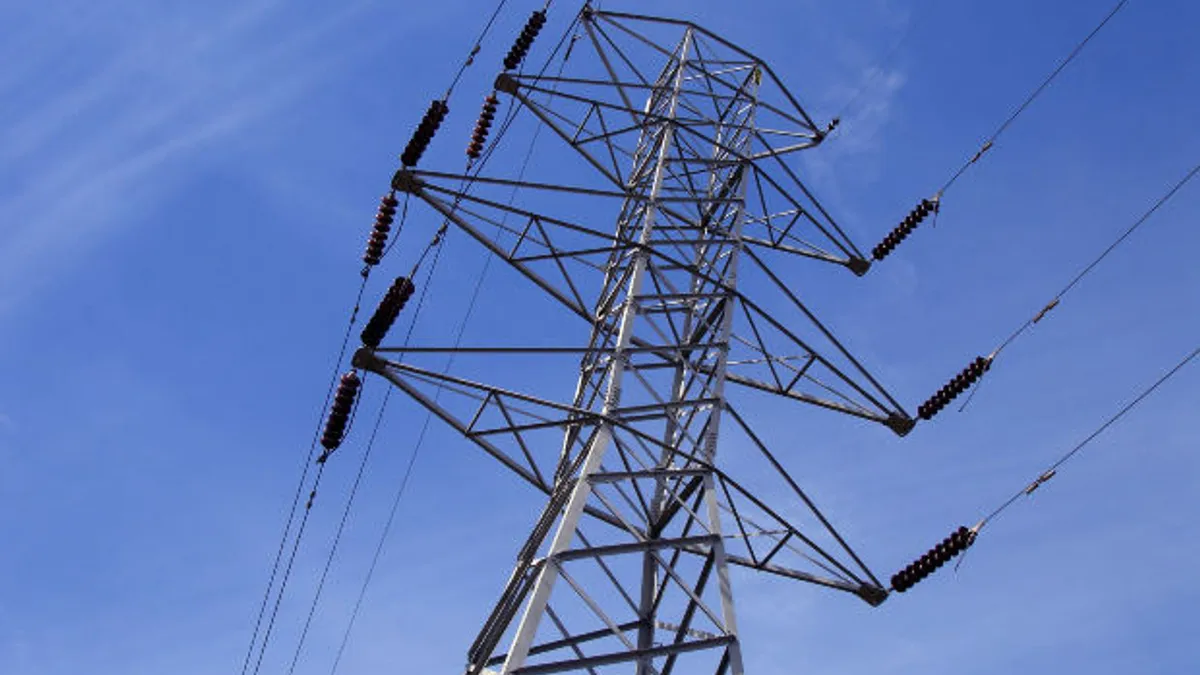Dive Brief:
- Bipartisan proposals introduced in Virginia's House and Senate would undo a Dominion rate freeze and return some funds to ratepayers, the result of the lower corporate tax rate that went into effect this year.
- In 2015, Virginia lawmakers suspended review of Dominion's rates until 2020, in order to shield customers from rate increases related to compliance with the Clean Power Plan. The Obama Administration's climate regulation has been pulled back by the Trump Administration, however, and lower tax rates are expected to reduce consumer bills.
- Dominion supports the bill and was consulted in its drafting, according to The Washington Post. Customer bills would drop 6% immediately, if the proposal is passed.
Dive Insight:
The co-sponsor of the Senate bill says the proposal would create a "sustainable framework" for managing future rate overages, directing the funds towards investment in clean energy as opposed to being refunded.
Sen. Richard Saslaw (D), in a tweet, said that addressing the utility rate freeze "is important to powering Virginia's economy and empowering our citizens." The proposal would allocate funds from the tax cut back to customers, and would "provide a sustainable framework for the management of future rate overages by directing them toward investment in renewable energy, conservation, and strengthening our power grid."
In the Senate, the legislation is also sponsored by Sen. Frank Wagner (R). A similar House bill, the Grid Transformation and Security Act of 2018, is sponsored by Del. Terry Kilgore (R).
Dominion's rate freeze has faced challenges since the 2015 law was passed. Last year, the Virginia Supreme Court upheld the law in a 6-1 decision, after being challenged by the Old Dominion Committee for Fair Utility Rates and the Virginia Committee for Fair Utility Rates.
"Ultimately, this Senate is committed to finding a bipartisan solution that positions the Commonwealth as a leader in renewable energy, and this proposed legislation is the best path forward for achieving that long-term goal," Saslaw said in another tweet.















